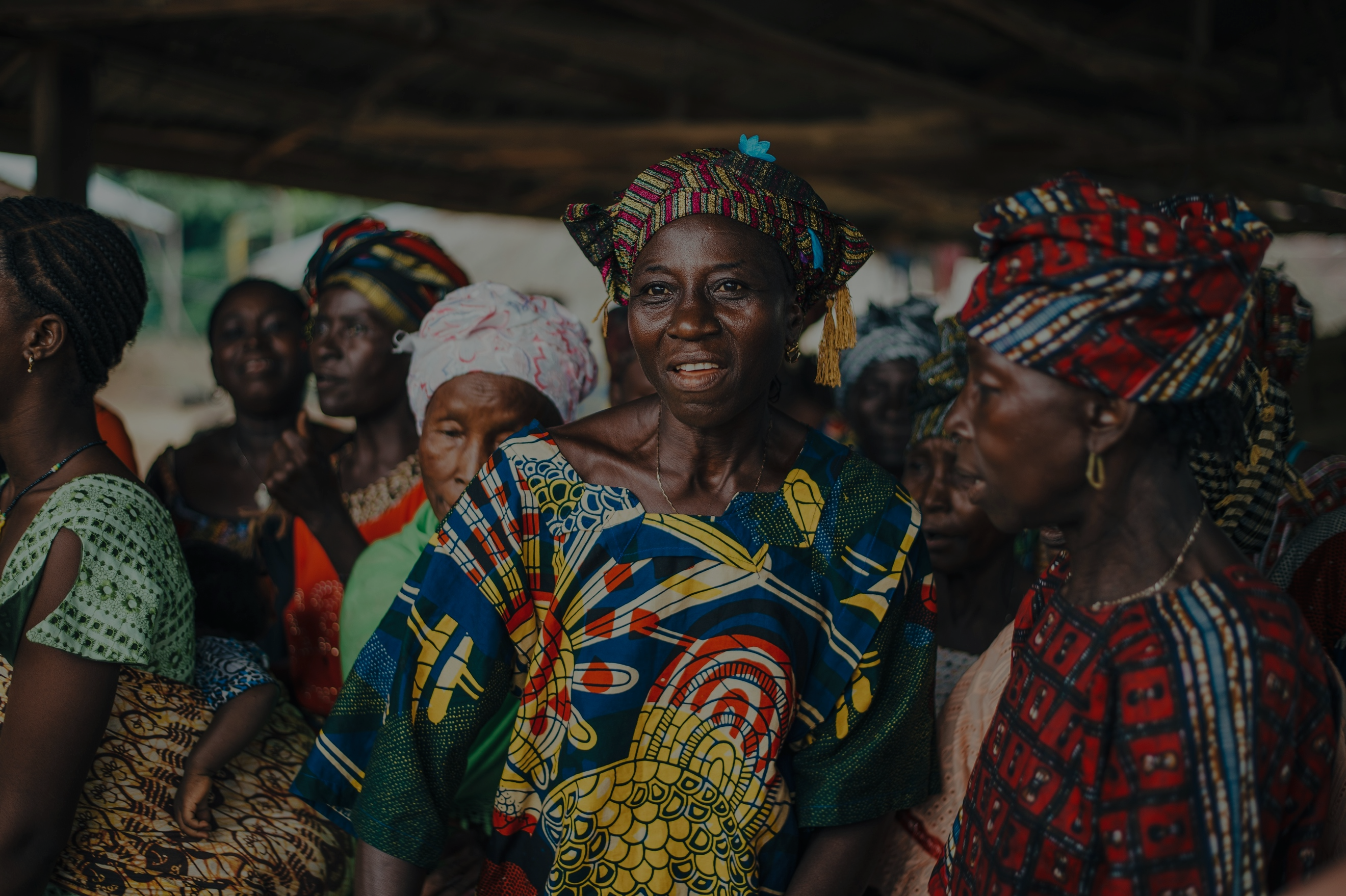
We understand that the 2023–2026 strategy envisions gender equality not simply as a cross-cutting concern but as a transformational driver across all portfolio outcomes. We recognize that the objective is to strengthen the knowledge, skills, and practical implementation capacities of the Swiss Cooperation Team in Zimbabwe and its implementing partners to develop and apply gender-transformative approaches across project and programme design, implementation, monitoring, and evaluation. This objective is framed by the Swiss Cooperation Programme 2023–2026 for Zimbabwe and Zambia, which identifies women and youth as specific priority groups and positions gender equality not merely as a transversal theme but as a catalyst for transformational development outcomes. In essence, the consultancy objective is to create lasting institutional, programmatic, and partner capacities that will ensure gender-transformative approaches are systematically integrated into Swiss-supported interventions, leading to more equitable and sustainable development outcomes in Zimbabwe and Zambia.
This assignment is a crucial instrument for operationalizing this vision. Our approach is grounded in the understanding that the mandate is organized around three interlinked workstreams: a comprehensive programme-wide gender review and gap analysis, targeted capacity development and strategic support to Swiss Cooperation Team and partners, and strengthened monitoring, evaluation, learning, and strategic analysis mechanisms. Through these pillars, we will work to embed gender-transformative approaches systematically across project design, implementation, monitoring, and evaluation, ensuring that Swiss-supported interventions contribute meaningfully to advancing women’s empowerment, gender equality, and inclusive development outcomes. Our understanding of the 3 workstreams is outlined
below:
i. Workstream 1: Programme-wide Gender Review and Gap Analysis – The first workstream focuses on a comprehensive review of all Swiss-supported projects to assess the current status of gender mainstreaming and the extent to which gender-transformative approaches have been operationalized. This involves an in-depth assessment of each project's gender integration capacities, identifying barriers
to more effective mainstreaming, and recommending actionable redress mechanisms. It will include the analysis of the effectiveness of existing gender mainstreaming strategies within individual projects, and
the identification of opportunities to strengthen gender-transformative approaches across sectors such as Health, Food Security, Income and Employment, Social Protection, and Governance. Technical
assistance will be provided to projects to strengthen gender integration, and tailored gender mainstreaming tools and guidelines specific to thematic sectors will be developed or recommended to
support this process. This diagnostic and advisory role is critical for aligning project practices with the Cooperation Programme’s transformative outlook.
ii. Workstream 2: Capacity Development and Strategic Support – The second workstream focuses on building sustained internal and partner capacities to mainstream gender transformation effectively. It entails the design and facilitation of annual gender mainstreaming training and input sessions for the Swiss Cooperation Team and selected implementing partners, with training content tailored to address
sector-specific needs within the different thematic portfolios. Beyond training delivery, ongoing technical backstopping will be provided to project teams to strengthen the application of gender-transformative
approaches in day-to-day operations and strategic planning.
iii. Workstream 3: Monitoring, Evaluation, Learning, and Strategic Analysis – The third workstream emphasizes Monitoring, Evaluation, Learning, and Strategic Analysis to ensure that gender mainstreaming efforts are evidence-based, adaptive, and results-oriented. It includes the provision of twice-yearly socio-economic and political gender analyses that inform the strategic steering of Swiss programming. It also requires the development of a comprehensive gender mainstreaming strategy for the Cooperation Programme, supported by a review and adaptation of existing monitoring and evaluation mechanisms to track gender-related outcomes and impacts better. Additional value will be added through the provision of optional services such as guidance on integrating gender-responsive budgeting into projects, facilitation of partnerships with local women's organizations and gender equality advocates, and the development of knowledge management systems to capture and share best practices and lessons learned in gender transformative programming. A further dimension of this workstream is the provision of strategic input into the development of the 2027–2030 Swiss Cooperation Programme to ensure that gender equality and women’s empowerment are integral pillars of the next strategic cycle, learning from the experiences and lessons of the current programme.

